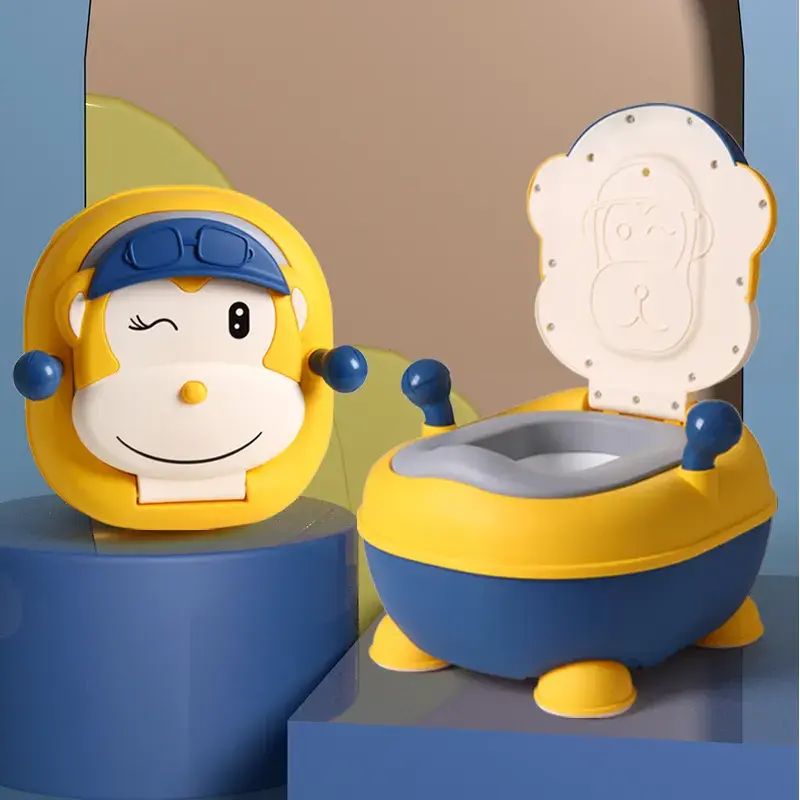The term "early romantic relationships" often raises concerns among parents, especially when their children enter adolescence. Parents tend to be cautious and immediately caution their children against engaging in such relationships. Paradoxically, this heightened vigilance often sparks curiosity in adolescents, leading them to explore early romantic relationships further.
Discovering your child's involvement in an early romantic relationship: How to communicate effectively?
Timing is key: Creating a relaxed atmosphere.
When addressing your child's early romantic relationship, it is crucial to remain composed and choose an appropriate time for communication. Opt for a moment when both parties are emotionally stable, without any pressing work or study obligations. This relaxed environment will yield more fruitful results. In the meantime, prepare yourself by considering suitable topics for discussion.
Finding common ground: Resonating with your child.
Effective communication involves more than just bombarding your child with questions about their early romantic relationship and delivering lectures on love. Instead, consider sharing your own experiences from your youth or discussing your own adolescent infatuations. Strive to establish a connection with your child, reducing their defensiveness and encouraging them to initiate open conversations.
Expressing your stance: Demonstrating understanding.
Throughout the conversation, it is essential to communicate your position clearly. Even if you personally disagree, express your understanding and avoid obstructing or forcibly separating your child from their romantic interest. After all, it is natural for adolescents to develop affection for the opposite sex during their teenage years, as they yearn for intimate relationships beyond the parent-child bond. Acceptance of their early romantic experiences will enable better guidance for your child.
Reasons behind early romantic relationships in adolescents
Sexual and psychological drives
As adolescents undergo physical maturation, hormonal changes trigger sexual impulses, leading them to develop an interest in the opposite sex. These psychological drives prompt them to seek proximity with individuals they are attracted to, often resulting in the emergence of romantic feelings.
Conformity and imitation
Adolescents' psychological development is still in progress, with limited social experiences and life exposure. They tend to conform and imitate others, especially when observing classmates engaging in romantic relationships. Media portrayals and real-life examples of romance further contribute to their desire to conform.
Compensation psychology
Some teenagers experience disharmony within their family environment, where parental conflicts and a lack of affection leave them yearning for emotional support. When they fail to find warmth and love within their family, they may seek solace outside the household, often turning to romantic relationships as a means of emotional expression.
The impact of early romantic relationships on adolescents
- Academic implications: Early romantic relationships can distract adolescents, leading to a significant decline in academic performance. Diverted attention and energy can hinder their learning progress, ultimately affecting their future prospects.
- Physical and mental well-being: Adolescents often exhibit emotional instability, impulsiveness, and limited self-control. Engaging in sexual activities at a young age can cause severe psychological and physical harm.
- Struggle for acceptance from family, education, and society: Early romantic relationships during adolescence are generally met with disapproval and lack of support from various aspects of life. This creates immense pressure and conflicts, diverting attention from personal interests and goals. Such changes often result in negative impacts on individuals' temperament, character, perspectives, and overall development.
In conclusion, it is crucial for parents to approach the topic of early romantic relationships with understanding and effective communication. By nurturing open dialogue and acknowledging the reasons behind adolescent involvement in such relationships, parents can guide their children towards healthier choices and personal growth.




